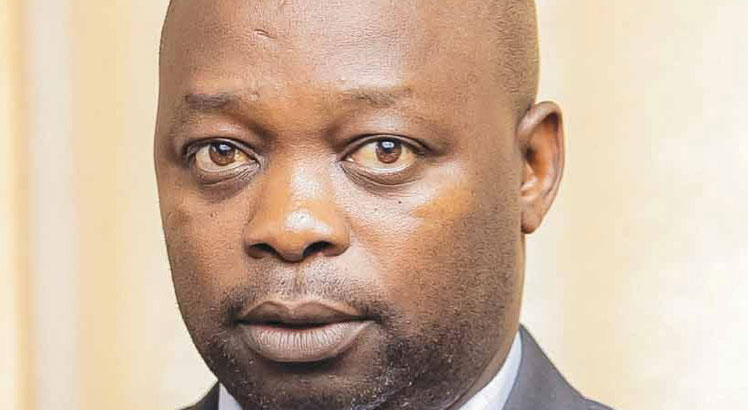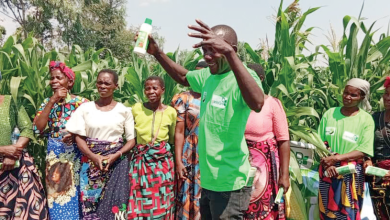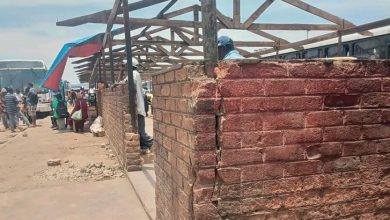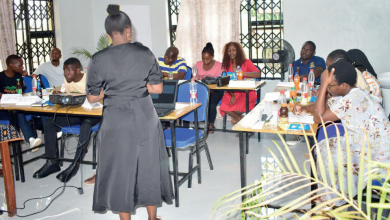Malawi in governance crisis, says Chinsinga
Political Science Association (PSA) of Malawi says a governance crisis has stagnated development in the country despite having progressive policy documents and maintaining peace since gaining independence in 1964.
PSA patron and University of Malawi (Unima) professor of political science Blessings Chinsinga said the governance gap, among others, stems from short-termism orientation and failure to learn from its own mistakes.
The former Cabinet minister made the remarks on Saturday in Zomba in a keynote address during the launch of the inaugural Malawi Journal of Politics and Public Affairs which PSA has published in conjunction with the Department of Politics and Governance at Unima.

Chinsinga said while Malawi is a beacon of hope and stability on one hand, it is an island of stagnation where grinding poverty is painfully visible due to a crisis of governance that makes structural transformation illusive.
He said: “We had hoped that the transition to democracy in May 1994 would be a game changer, or in more technical terms, would be a critical juncture, but in more fairness, it hasn’t.
“What this means is that we are between a hard place, a rock and a knife! The state in which we are bleeding unprecedented distrust in the country’s governance architecture or apparatus.”
Chinsinga noted that many surveys indicate diminished trust in governance institutions such as Parliament, the presidency and the Judiciary that are mandated to spearhead transformation of this country.
One of the editors of the journal, Professor Happy Kayuni said the second publication will be issued in December 2025 with a view to promote high quality works on the politics and public affairs of Malawi.
He said: “We want to stimulate debate in political science and public affairs, bridge the gap between theory and practice, but also engage with real life challenges faced by Malawian society.
“It doesn’t make sense living in a country like Malawi and we intellectuals are silent. Using our field of political science, we can contribute to how best we can improve the situation. We also want to share critical insights into emerging political and governance trends.”
In March this year, the Malawi Conference of Catholic Bishops also lamented the current hardships in the country which they believe need capable leaders to address.
The bishops cited corruption, political violence, high cost of living, food insecurity, unemployment, donor-aid dependency, poor road network and a growing tendency of handouts as some of the major challenges plaguing the country.
Recently, Minister of Information and Digitisation Moses Kunkuyu said the prevailing challenges were not new and that government was putting in place measures to build a resilient economy.
Articles in the first volume cover political party systems and their influence on policy horizons in Malawi and Tanzania and political patronage as a form of corruption and its implication for public service.
Other areas covered are democratisation and anti-corruption: lessons from Malawi’s political transformation as well as political trust in Malawi amid Covid-19 pandemic.





